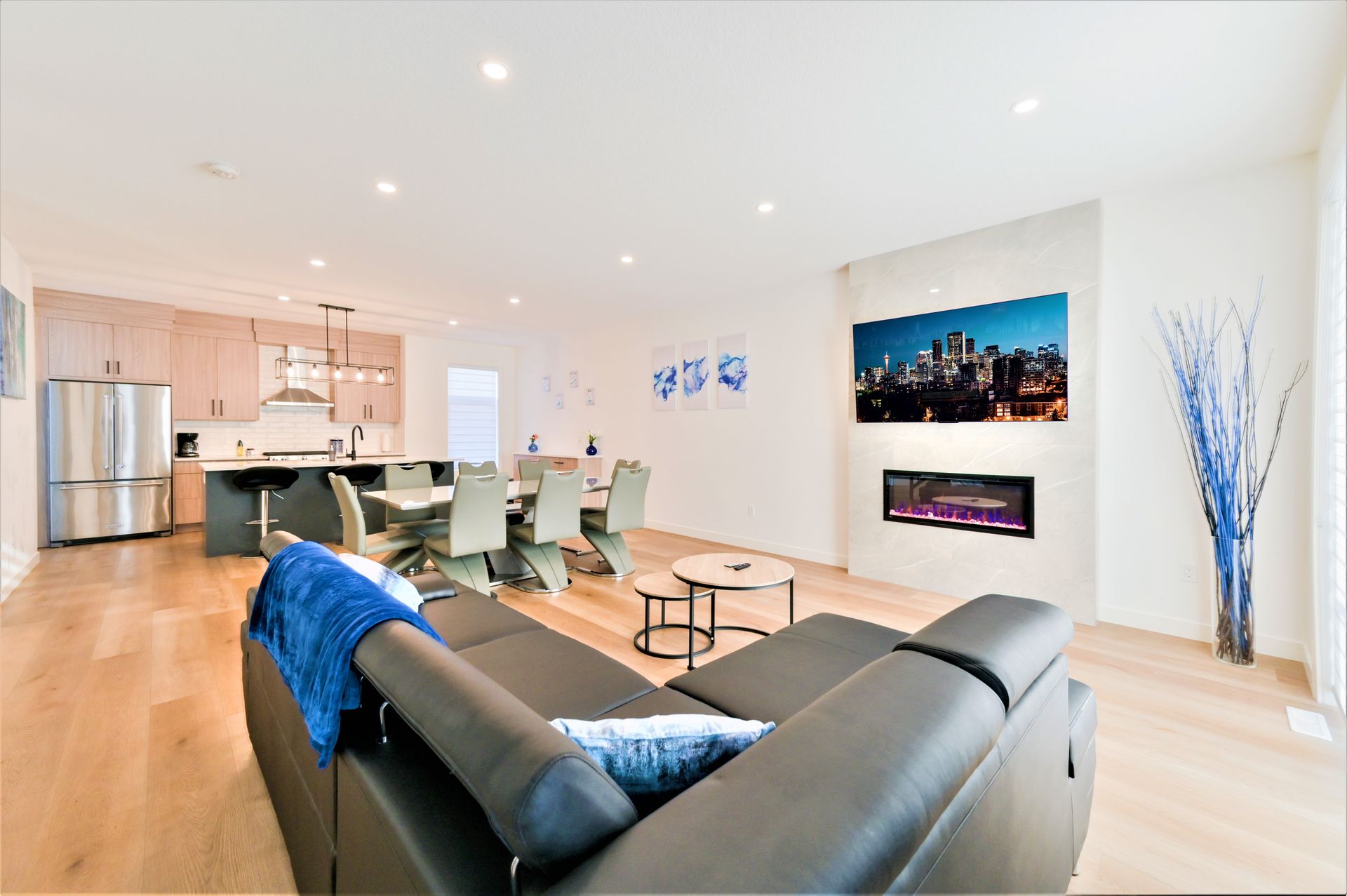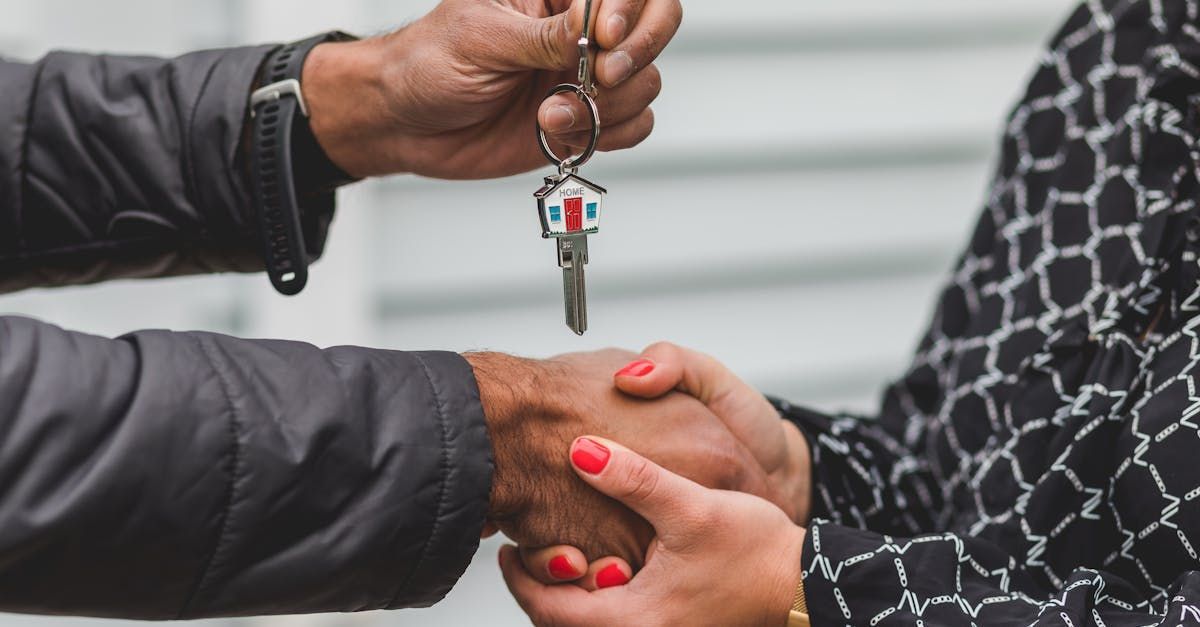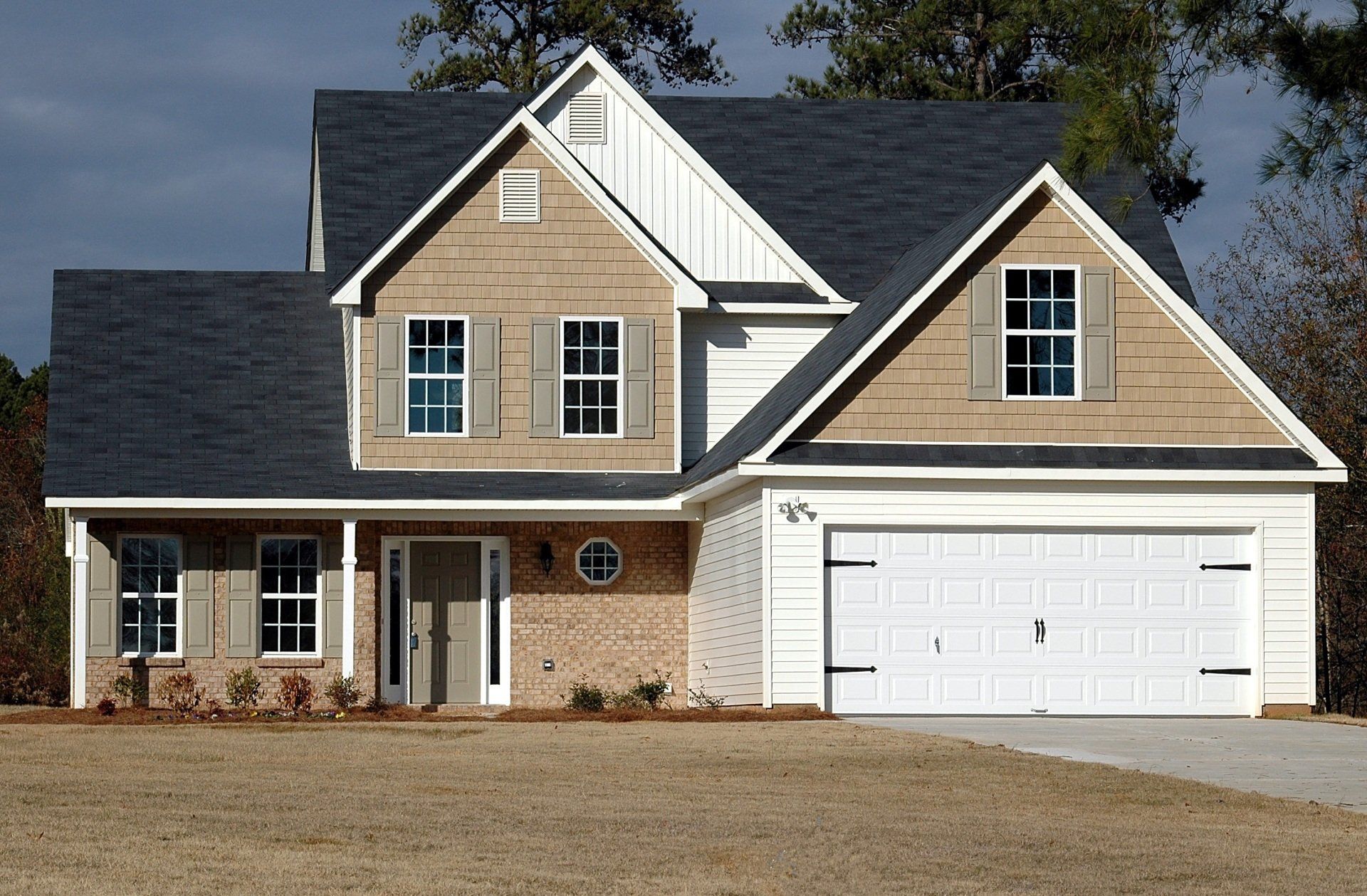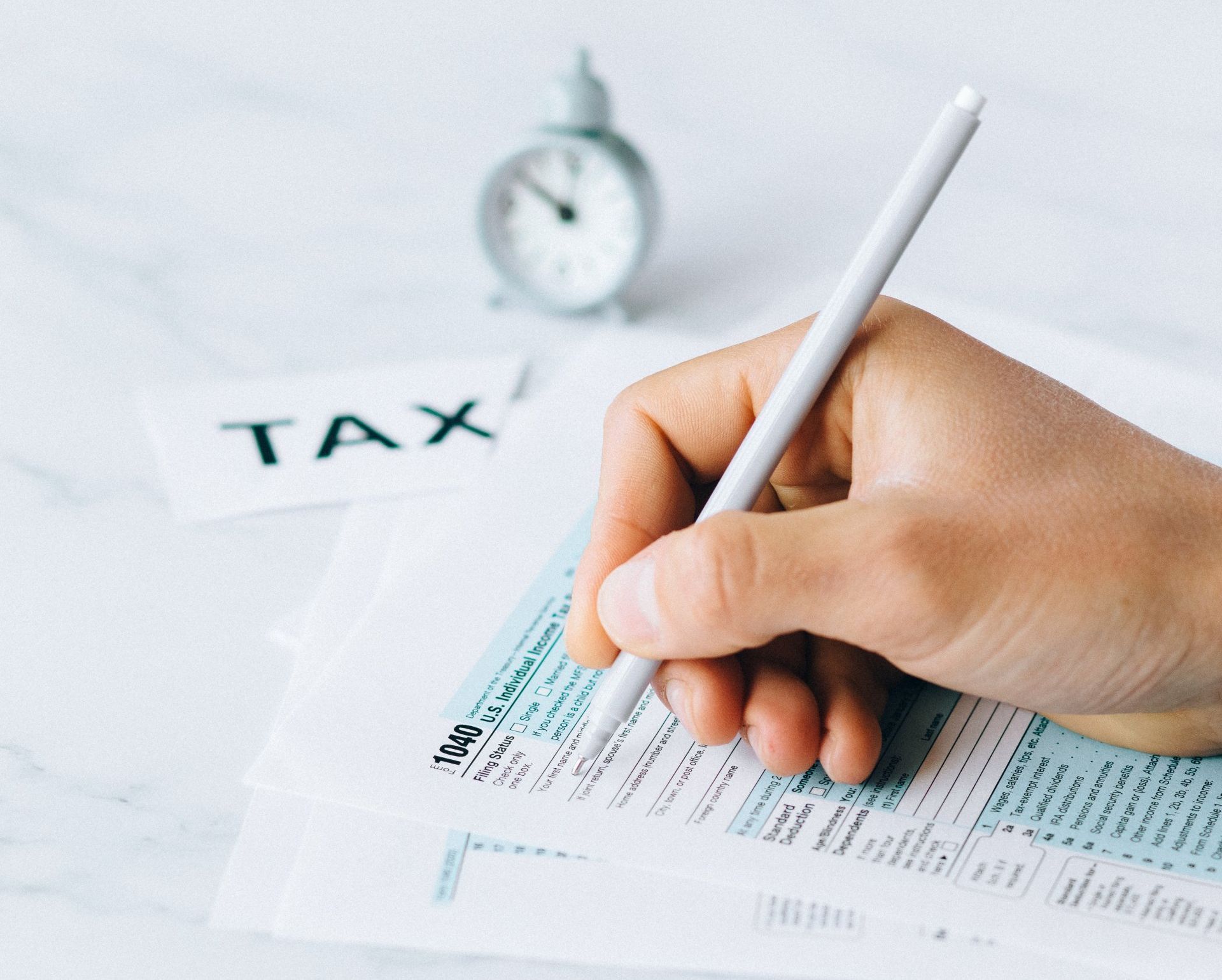Should You Sell or Buy First? A Guide for Homeowners Navigating the Transition

Selling your home and buying a new one is an exciting yet often stressful process, with many important decisions to consider. One of the biggest questions homeowners face is whether to sell their current home before purchasing a new one or to buy first and sell afterward. Both options come with their own benefits and challenges, and the decision ultimately depends on your personal situation, market conditions, and your level of comfort with the risks involved. Let’s break down both scenarios to help you make an informed decision.
Buying First: The Risks and Benefits
The Risks:
When buying a home before selling your current property, the most significant risk is the possibility of carrying two mortgages simultaneously. If you haven’t sold your home by the time you take possession of your new one, you could end up paying for both homes—an expensive and stressful situation to navigate.
Another risk comes when your new home purchase is conditional on the sale of your current home. If your property doesn’t sell in time, you could lose not only the new home but also the deposit you’ve paid, along with the costs of a home inspection or condo document review, if applicable. This can lead to a frantic and high-pressure situation where you feel compelled to sell your home quickly.
When Buying First Might Work:
That being said, buying first can be advantageous in certain circumstances. If you're in a seller’s market where homes are selling quickly, or if your home is in a desirable location with favorable market conditions, you might feel confident that your current property will sell without much delay. In such cases, buying first might allow you to secure the home you want before it’s taken off the market by another buyer.
Buying first can also be beneficial for those who have very specific criteria for their new home. If you’re searching for something unique or hard to find, the process of finding the right property could take time. In this case, buying with an extended possession date and making your offer conditional on the sale of your current home may be a more suitable option.
Selling First: The Safeguard of Certainty
Why Selling First Makes Sense:
For most homeowners, selling first is the safer and more predictable option. This is especially true if you need the proceeds from the sale of your current home to finance the purchase of your new property. While this doesn’t necessarily mean that your home must be fully sold with buyers lined up to move in, it does mean that your home should either be listed for sale or ready to go on the market. Without this, making a strong offer on your new home becomes challenging.
Sellers prefer buyers who can submit a strong offer with a high chance of being able to close on the property, so when it comes to an offer being conditional on the sale of their current home, this means they are either already in the process of selling their current home, or it will be listed for sale within the next 24-48 hours. If your home is not ready for sale and your offer on a new home is contingent on the sale of your property, many sellers will be hesitant to accept an offer under these conditions.
Tip: When a purchase is conditional on the sale of your current home, there’s typically a 24-48 hour clause. This allows the seller to keep their property on the market and, if they receive another offer, you’ll have 24-48 hours to waive all conditions, regardless of whether your home has sold.
Mitigating the Pressure:
One of the main concerns with selling first is the potential for feeling rushed to find your new home. To mitigate this, we recommend negotiating an extended possession date—typically around 90 days. This gives you a minimum of three months to secure your next home, ensuring you have enough time to explore the market without feeling pressured.
It’s not uncommon for families to lose a home they love because their current property isn’t ready to sell. By having your home prepared for the market beforehand, you’ll be in a much stronger position to make an offer on a new home and avoid missing out on opportunities.
Conclusion: Which Option Is Right for You?
While there is no one-size-fits-all answer, we generally recommend that homeowners prepare their current home for sale before making a purchase. This ensures that you can make a strong, confident offer on your new home, knowing that the sale of your current property is either in progress or close to happening.
That being said, if you have a very specific home you’re looking for or if you’re in a particularly hot market, buying first might be a viable option—provided your current home is ready to be listed as soon as you find your next property.
Buying and selling a home at the same time can be a daunting experience, but with the right guidance and preparation, it doesn’t have to be overwhelming. We specialize in helping homeowners navigate these types of transactions and provide peace of mind during one of life’s biggest transitions.
If you have any questions about selling your home, buying a new one, or just need some advice about the real estate market, feel free to contact me. My goal is to serve you and provide the clarity you need to make the best decisions for you and your family.
Let’s make your real estate journey as smooth and stress-free as possible!










ABOUT
Dedicated to helping my clients with all aspects of their residential real estate needs. I work with you every step of the way, ensuring you never feel alone during your real estate transactions.


